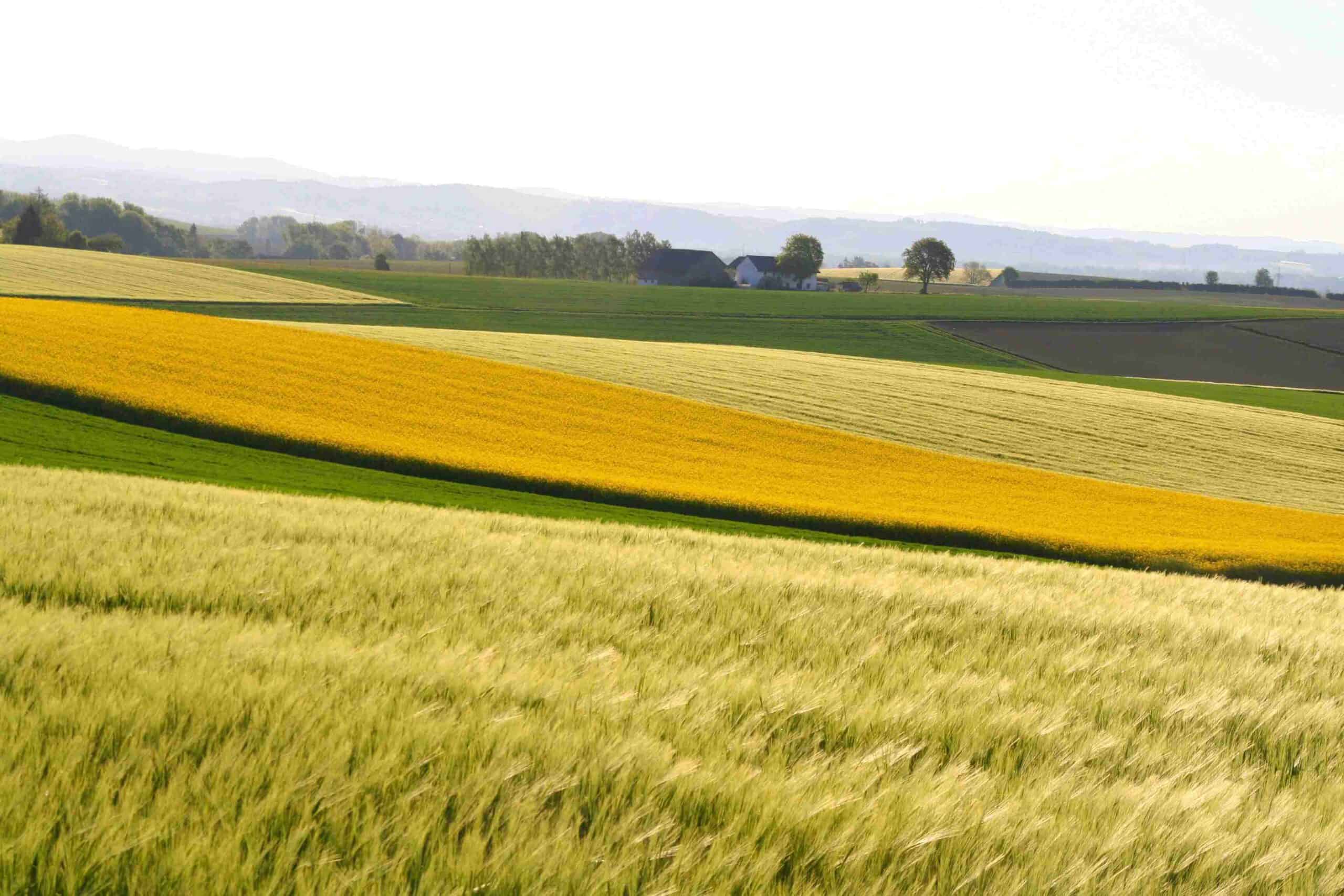Bioenergy offers significant opportunities for climate action, energy security and economic growth. However, its expansion must overcome political, financial, social, and environmental challenges to ensure long-term sustainability and scalability.
As emerged by the Rapid Evidence Assessment (REA) of the most recent literature carried out by the Lombardy Green Chemistry Association at the beginning of the DIVERSE project, emerging technologies such as pyrolysis and biomass gasification are opening new frontiers for bioenergy, enabling the production of advanced biofuels with greater efficiency and lower environmental impact. In this context, Europe is a global leader in bioenergy innovation, accounting for 68% of high-value patents in the sector between 2017 and 2019. To maintain this lead, regional policies play a crucial role in shaping the bioenergy market. In particular, the adoption of the Renewable Energy Directive (REDIII)[1] imposes strict sustainability criteria requiring at least 70% GHG savings from 2021 and 80% from 2026, and the REPowerEU plan further promotes biomethane as a short-term solution to reduce the EU’s dependence on fossil fuels.
DIVERSE activities are based on the establishment of seven regional communities, i.e. Focus Labs bringing together multi-sectoral actors, including companies, universities, public authorities, commercial agencies, and third-sector organisations, operating within key bioenergy value chains. Coordinated by LGCA, partners have brought together 260 stakeholders in a quantitative study to analyse challenges, opportunities, and investment priorities for the environmental, social, and economic sustainability of bioenergy pathways.
What emerged from the study is that while bioenergy development faces regulatory, financial, and social challenges, the sector holds significant potential for innovation, environmental sustainability, and economic growth. By prioritizing policy reform, technological advancements, and stakeholder engagement, bioenergy can emerge as a widely accepted and resilient renewable energy solution that aligns with climate goals and energy security. To achieve this, strengthening bioenergy supply chains is essential. Investments in biomass harvesting, transport, and processing infrastructure will enhance the sustainability and scalability of bioenergy production. At the same time, advancements in biomass conversion technologies, such as anaerobic digestion and gasification, are improving efficiency and cost-effectiveness, yet further research and development are needed to optimize performance.
A stable and supportive regulatory framework is crucial for long-term growth, ensuring better synchronization between policies, minimizing biodiversity and land-use conflicts, and promoting sustainable biomass utilization. Compliance with sustainability criteria will be key to maintaining bioenergy’s credibility, requiring effective certification systems to track responsible biomass sourcing and minimize waste.
Finally, raising public awareness and education on bioenergy’s role in climate action and energy security will enhance societal acceptance and incentivize responsible bioenergy practices. With the right investments and policy alignment, bioenergy can play a pivotal role in the global transition toward cleaner, renewable energy systems.
Despite a degree of overall consistency across regions, significant regional differences were observed across FLs, particularly in the Economic, Social, and Legal domains. In general terms, strong political support is present in Austria and France, but weaker frameworks in Bavaria and Slovenia. Concerns about the economic feasibility of long-term infrastructure investments are found in Slovenia, Lombardy, and Bavaria. Finally, public awareness efforts are in Veneto and Piedmont, which require awareness-raising efforts.
To advance bioenergy development, it is crucial to address policy gaps, financial accessibility, public education, and sustainability concerns, by developing strategies that are not only tailored to the specific regional needs and opportunities but also integrated towards an effective and resilient bioenergy sector in the Alpine Space.



